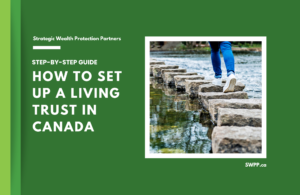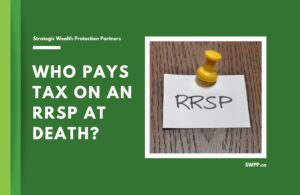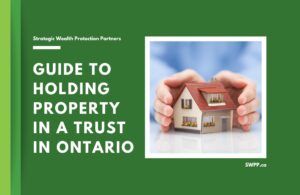
What Is a Living Trust in Canada? And How Does It Work?
What is a living trust in Canada? A living trust is a legal arrangement where you transfer assets into a trust while you are still alive.

What is a living trust in Canada? A living trust is a legal arrangement where you transfer assets into a trust while you are still alive.

How can I set up a living trust in Canada? Before you set up a living trust (also called inter vivos trust), make sure you’re positive that it’s the right tool for your particular situation.

A life insurance payout, also called a death benefit, is the lump sum paid by an insurance company when the insured person passes away.

In Canada, life insurance can be part of an estate, but it depends on who is named as the beneficiary.

In Ontario, when someone dies with a registered retirement income fund (RRIF), the full fair market value of the account is added as taxable income to their final tax return.

In Canada, when the RRSP account holder dies, the value of the RRSP is generally included in their income for the year of death and taxed on their final return.

Deepak, a 57-year-old real estate investor in Ontario, came seeking a solution to a very specific concern.

Canada does not have a direct estate tax, but taxes on assets and income after death can significantly reduce the value of an estate.

If you’re looking into holding property in trust in Ontario, you likely want to understand how it works and whether it’s the right choice for you.

Daniel is a 65-year-old entrepreneur in the renovation business who has built a successful business and legacy.